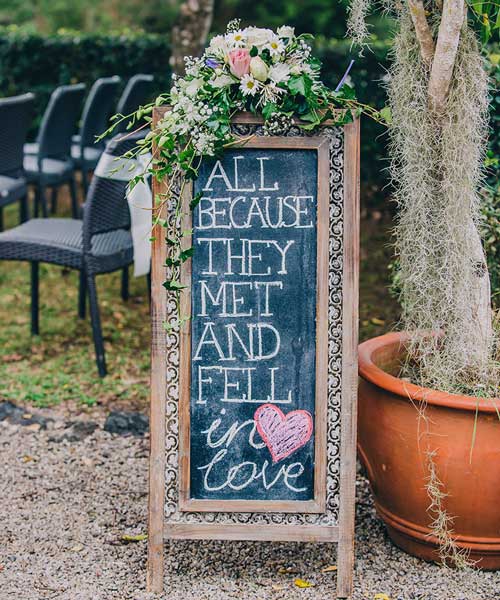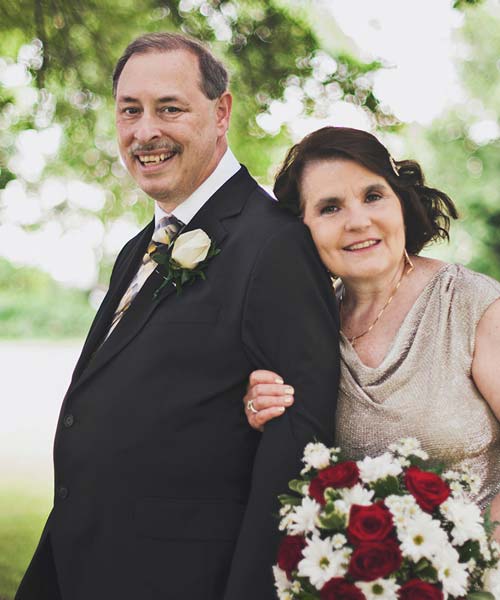Frequently asked questions
What’s the difference between an independent wedding celebrant and a registrar?
A registrar has to adhere to a specific script to complete their ceremony, whilst you may be able to include readings, you will not be permitted to have anything with any religious or spiritual content.
I can help you craft your wedding vows so that your promises come from the heart, not a service sheet.
You may meet your registrar once beforehand if you are lucky, but there will not be that time for you to get to know them and trust them with your story. Also, a registrar’s ‘slot’, even when coming out to your venue, will typically be around 20 minutes and they will have several weddings all on the same day.
As an independent wedding celebrant, after spending time getting to know you both, I will create you a totally unique ceremony which will reflect your interests, beliefs and wishes. You can include religious or spiritual content if you wish, and we can mix in some rituals and symbols which represent your commitment- we can even get your guest involved in the ceremony.
And I only ever do one wedding per day, so you can have a ceremony as long or as short as you wish, knowing I won’t be rushing to or from another couple.
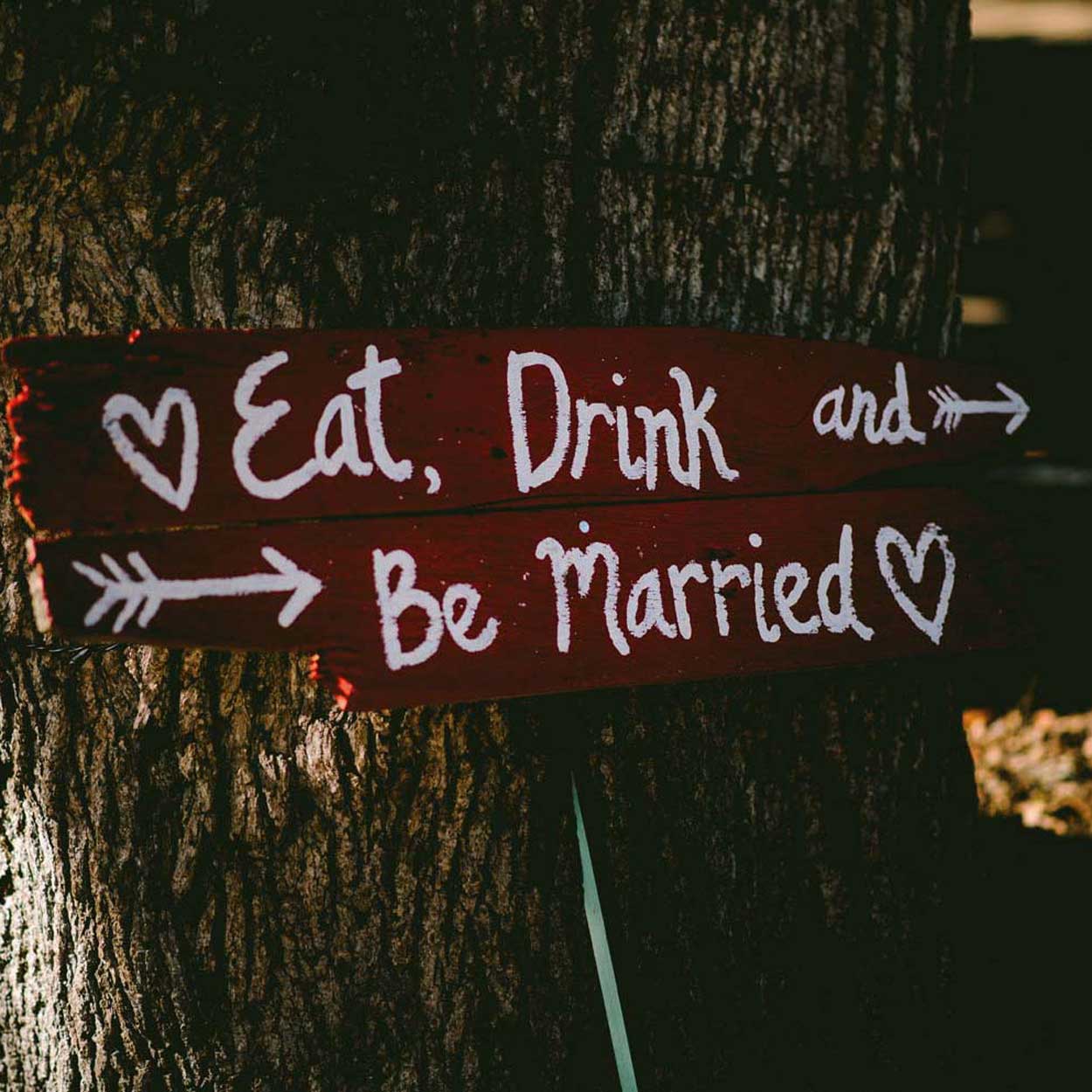
Can a wedding celebrant legally marry us?
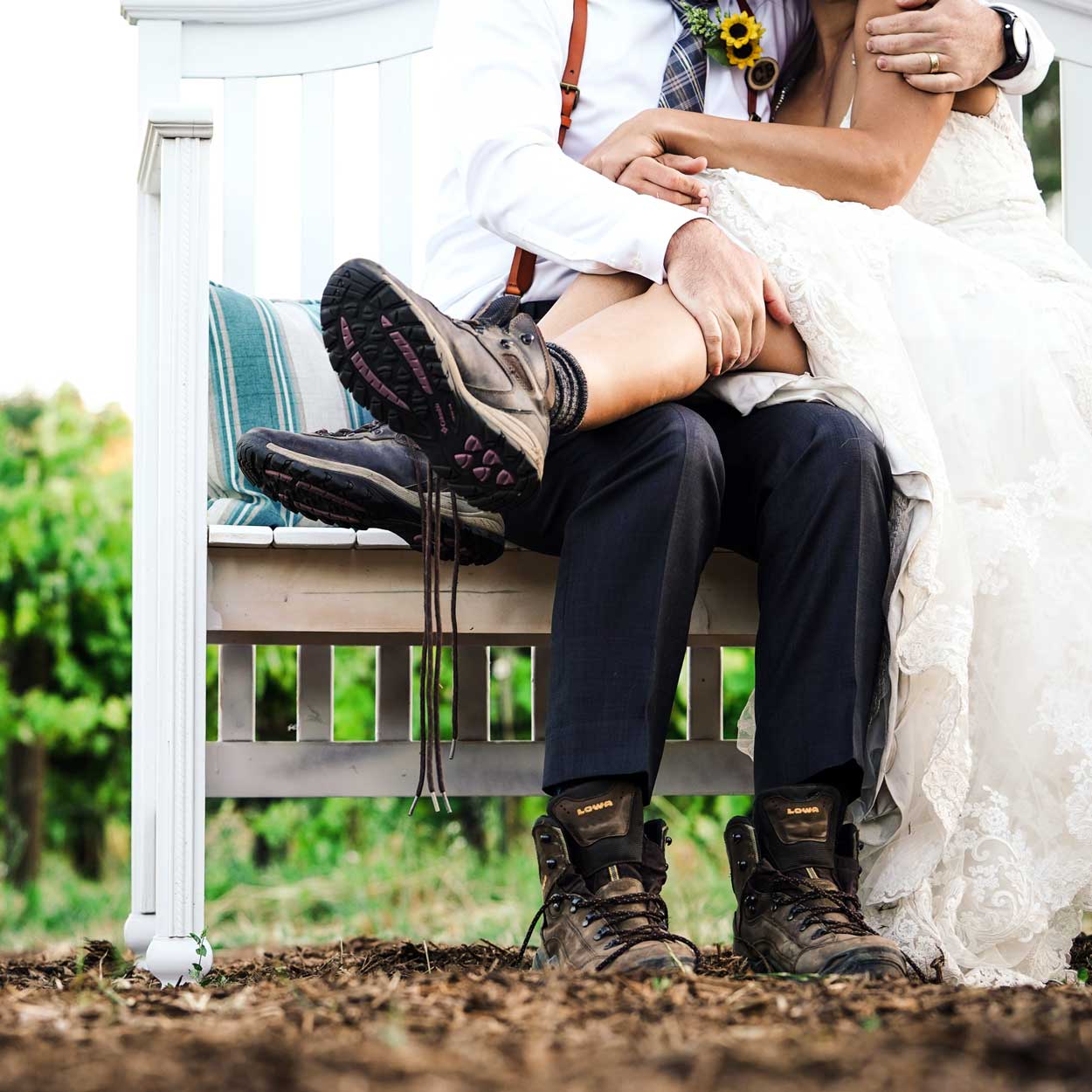
No. However, you can do the ‘legal bit’ at the registry office at any time and have the wedding ceremony afterwards. Most couples choose the week before the ceremony but it’s totally up to you, it could even be on the same day f you can book a morning and have your ceremony in the afternoon.
In England and Wales, 29 days notice must be given to the Register Office before the marriage can take place. You have to get married within 12 months of giving notice. Both partners must be resident for seven days in England or Wales before notice is given. A notice must state where the marriage is to take place. There is a fee for giving notice.
The statutory wedding service normally costs around £50 (this varies slightly from county to county) and consists of fewer than 50 words. Once you have done this part, you are free to have your ‘real’ wedding, with rings, vows, readings and other elements wherever and whenever you like. This leaves you much freer with venue choice and you don’t have to restrict numbers if you don’t want to.
For more information go to www.gov.uk/marriages-civil-partnerships/give-notice
What sort of things can we include in our wedding ceremony?
If you can think it we will discuss how we might be able to do it! Some couples choose to stick fairly closely to tradition with the structure and wording of their wedding ceremony; others go wherever their imagination takes them.
There are some beautiful options you can choose, like a sand ceremony or lighting a unity candle, handfasting or jumping the broom.
We can chat through ideas and I can make some suggestions based on what would suit the sort of feel you are after for your wedding.
Is there anything that you wont be able to include in our ceremony?
While other celebrants might include these options, I do not write ceremony scripts that will include the release of animals, birds or butterflies etc. Likewise I will not include balloon or lantern releases.
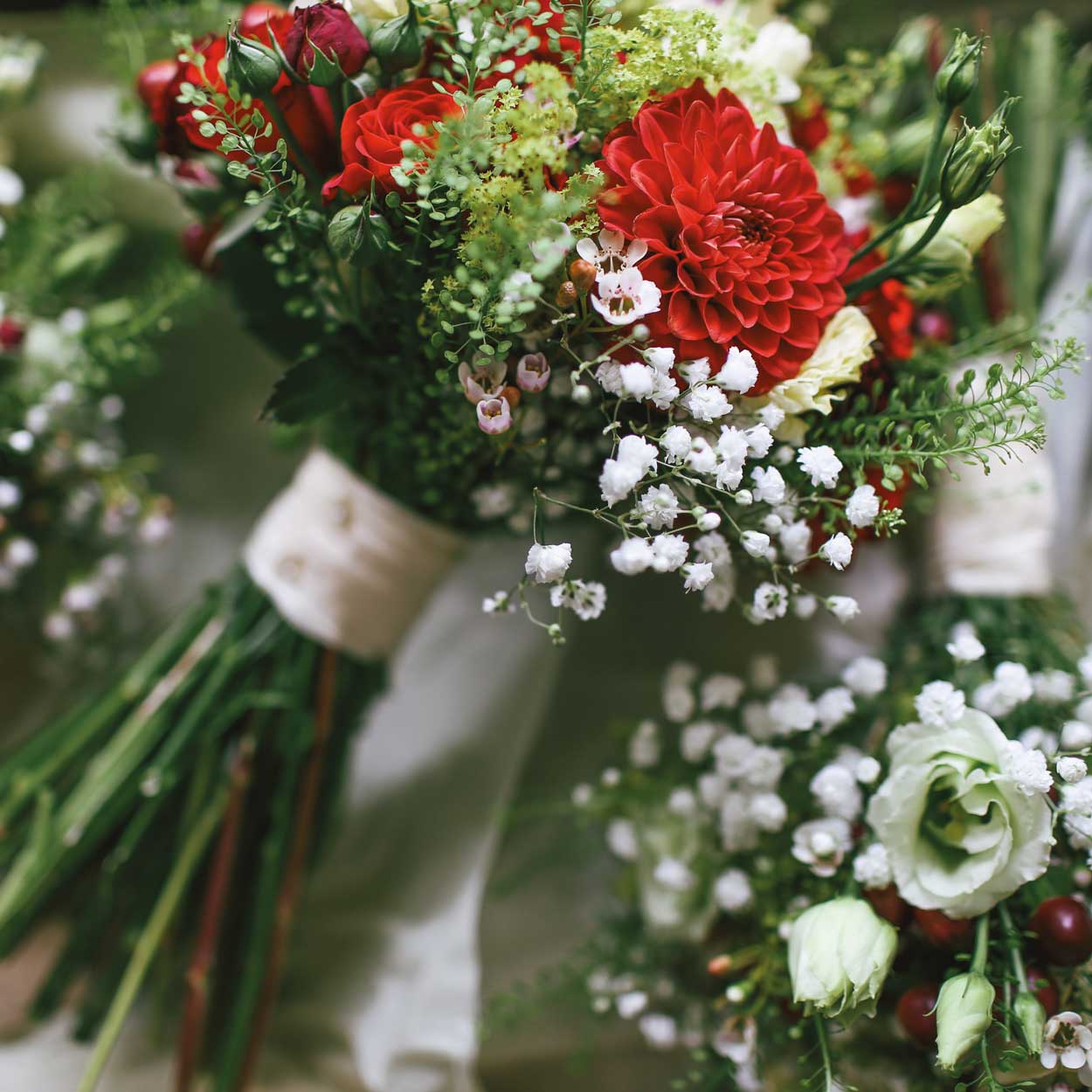
What Type of Funerals can Celebrants Lead?

No matter what type of funeral you are planning, a celebrant can help you to create a ceremony that is truly unique and special.
Celebrants can take any kind of funeral, including:
- Religious funerals: Celebrants can work with families to create religious funerals that incorporate elements from their faith tradition. This may include readings from religious texts, prayers, and hymns.
- Non-religious funerals: Celebrants can also create non-religious funerals that celebrate the life of the deceased without any religious elements. This may include readings from poems, songs, or other sources that were meaningful to the deceased, as well as personal tributes from loved ones.
- Interfaith funerals: Celebrants can also create interfaith funerals that incorporate elements from different religious traditions. This can be a good option for families who have members of different faiths.
- Burials and Internments: Celebrants can lead a service where your loved one has chosen to be buried, whether this is in a churchyard, municipal cemetery or natural burial ground, however they do not have the authority to perform rites, blessings or other religious rituals.
- Living Memorials and Commendations: Celebrants can work with you to create the celebration of your life with your loved ones around you. If you have a life limiting illness you can have control over the way in which you are remembered.
A Sense of Occasion
Weddings
You have already begun making memories. Tell me all about your love story and let me weave strands of your dreams through it and I will handcraft you a ceremony which truly lets you sparkle on your special day.
Renewal of Vows
Love does not stay static – it flames and it can stay in the shadows until you are ready to declare its strength again – it may be on a significant anniversary or because you now have children and want to renew your vows with their involvement.
Naming Ceremonies
Ceremonies to celebrate the new-born or the children in your family can be tailored to capture their personality and the hopes and wishes of the family and people who will be important in their futures.
Funerals
The way we say goodbye to our loved ones is changing. Planning a funeral can be a daunting task, especially during a time of grief. However, it can also be a meaningful way to celebrate the life of your loved one and create a ceremony that is truly unique to them.

